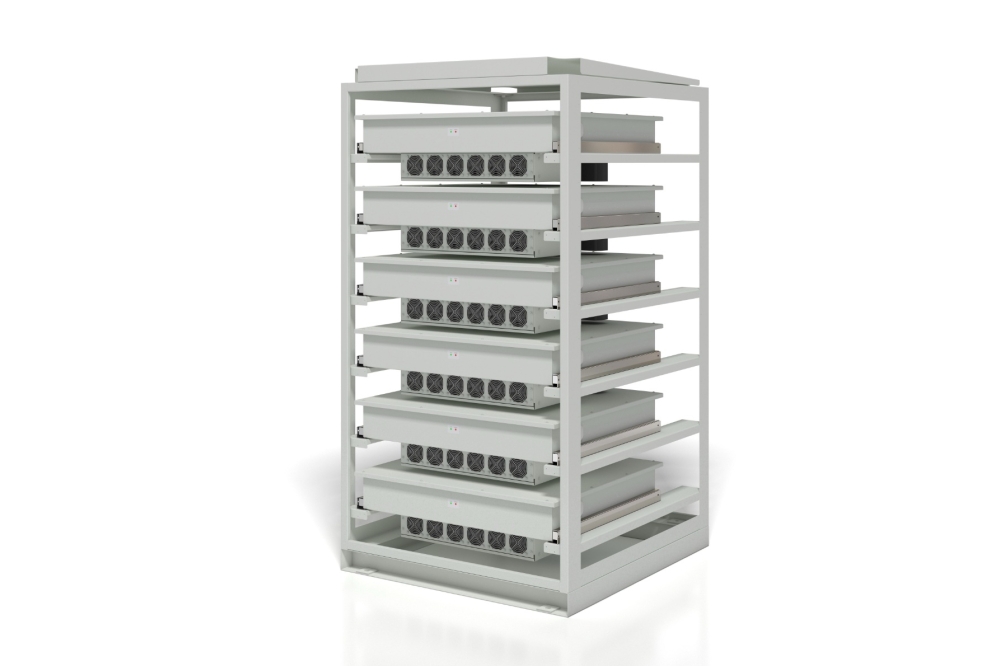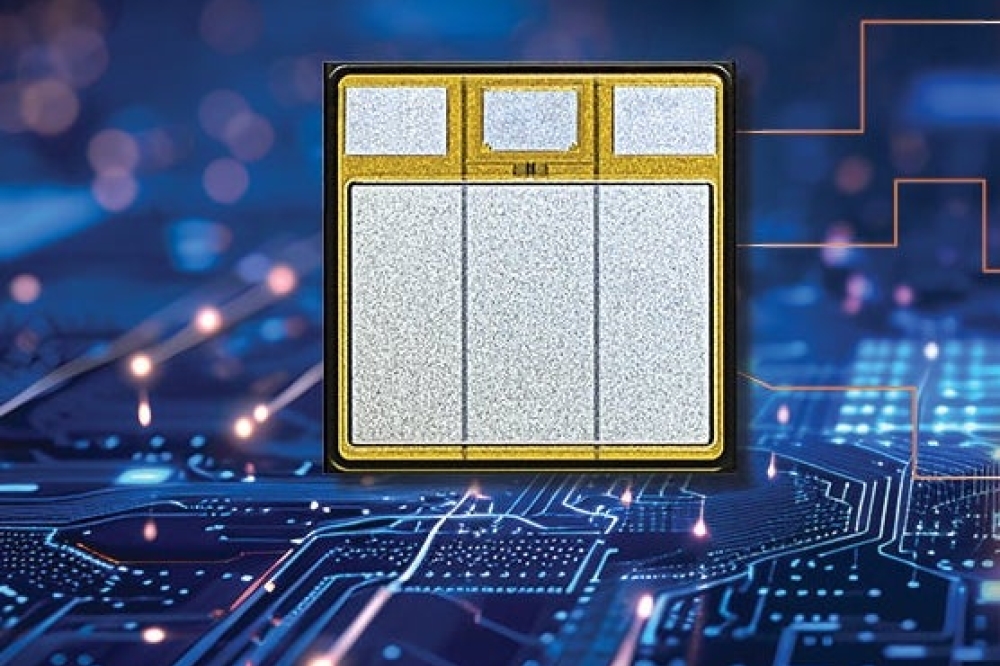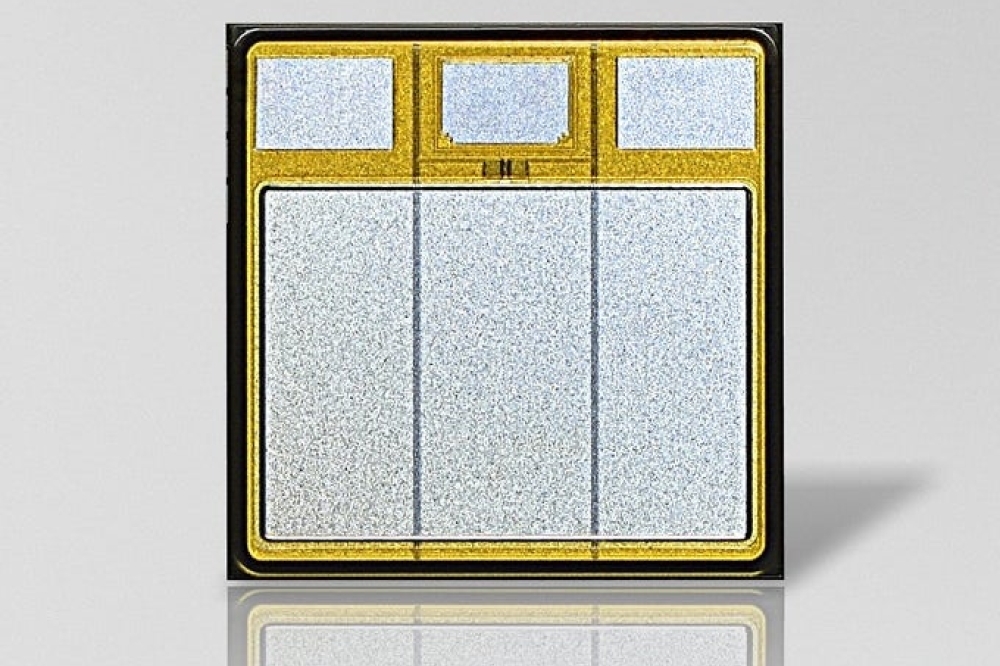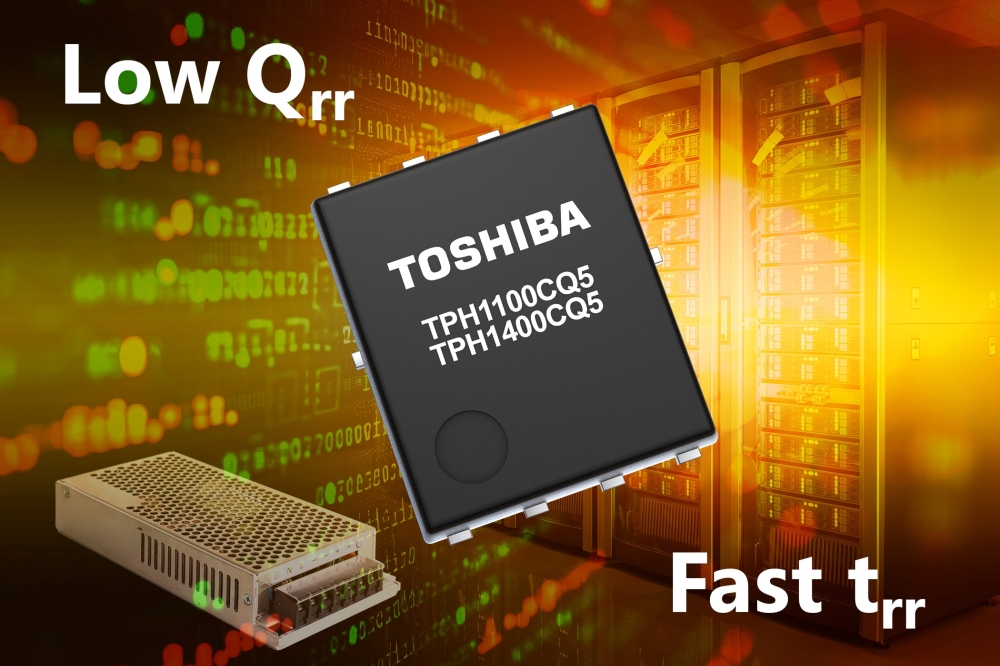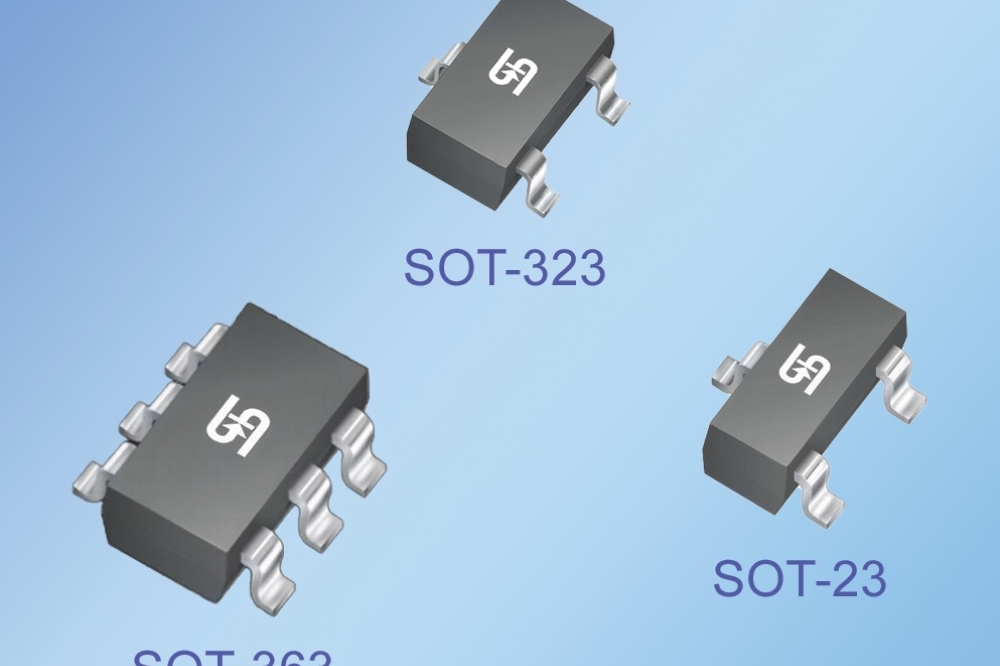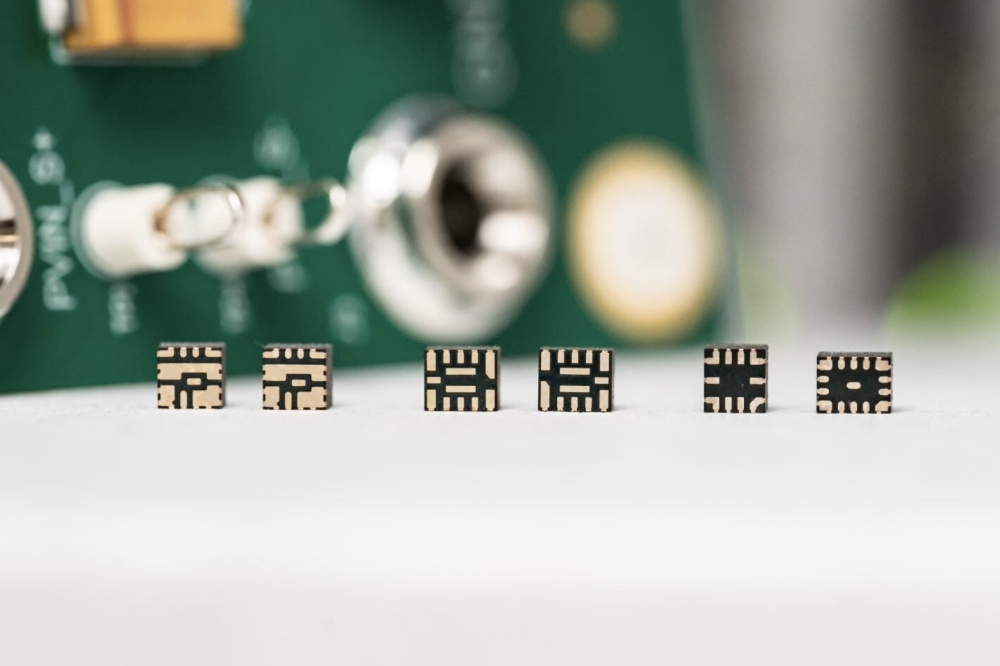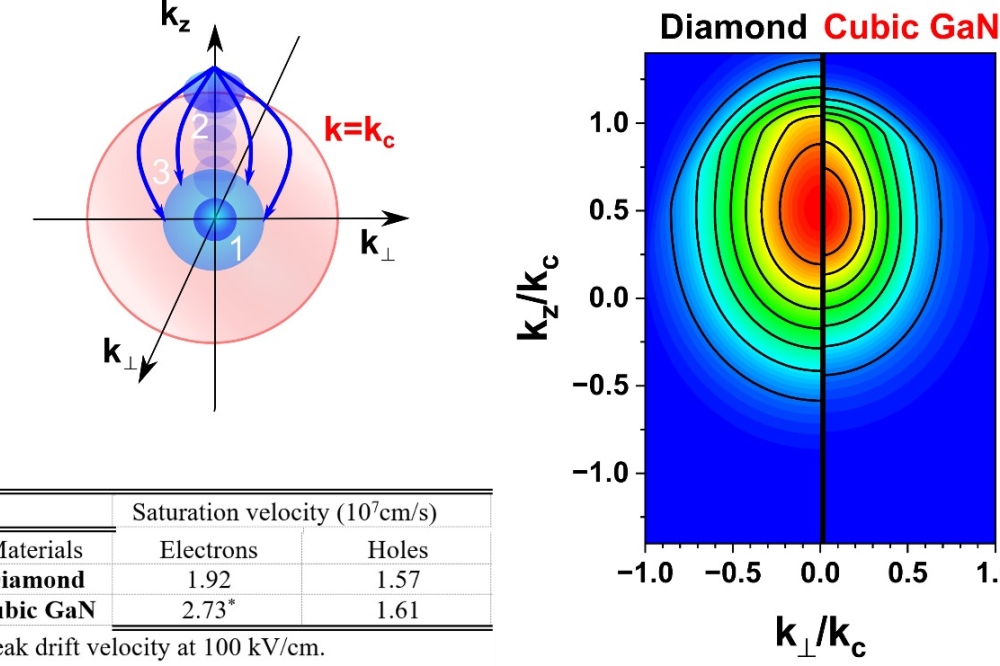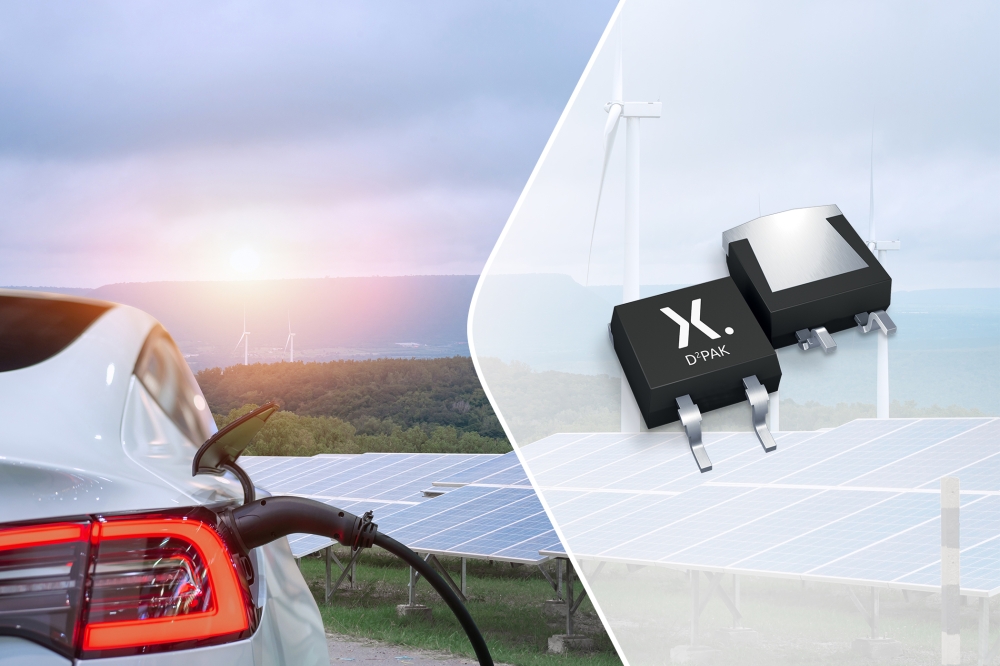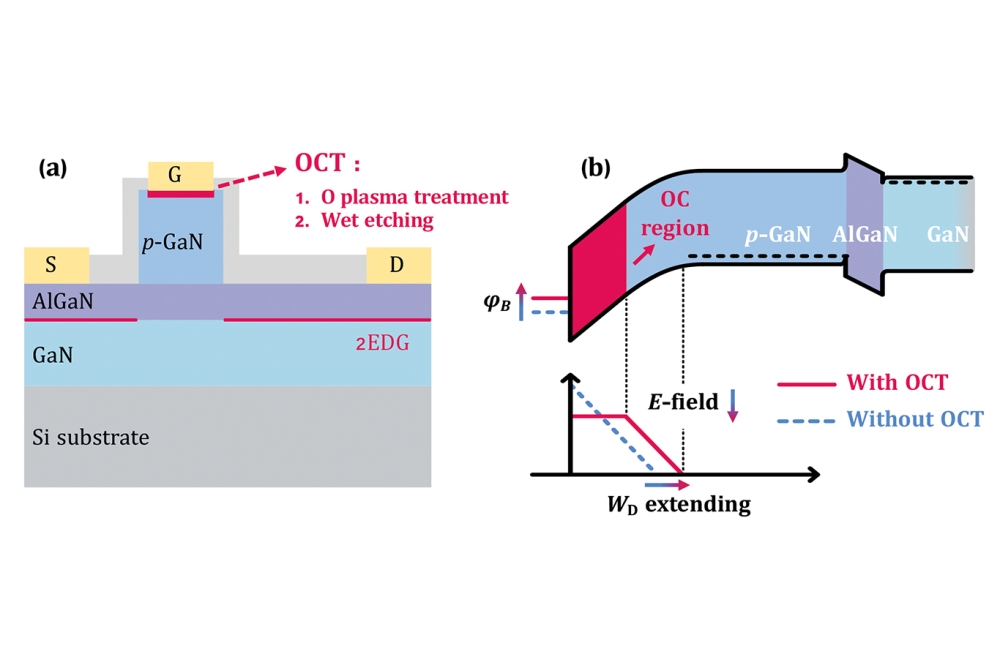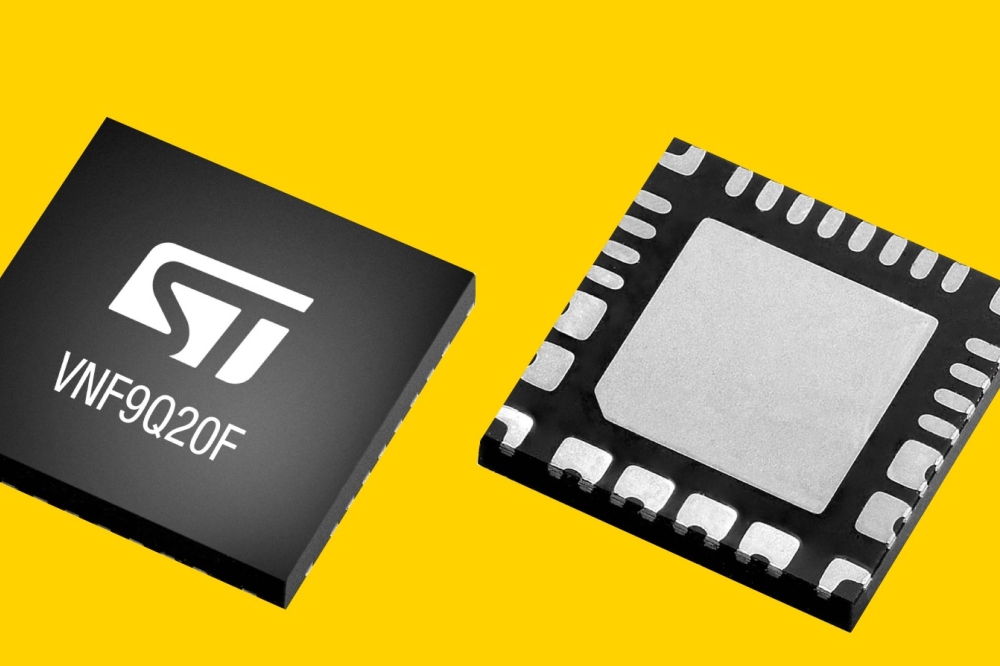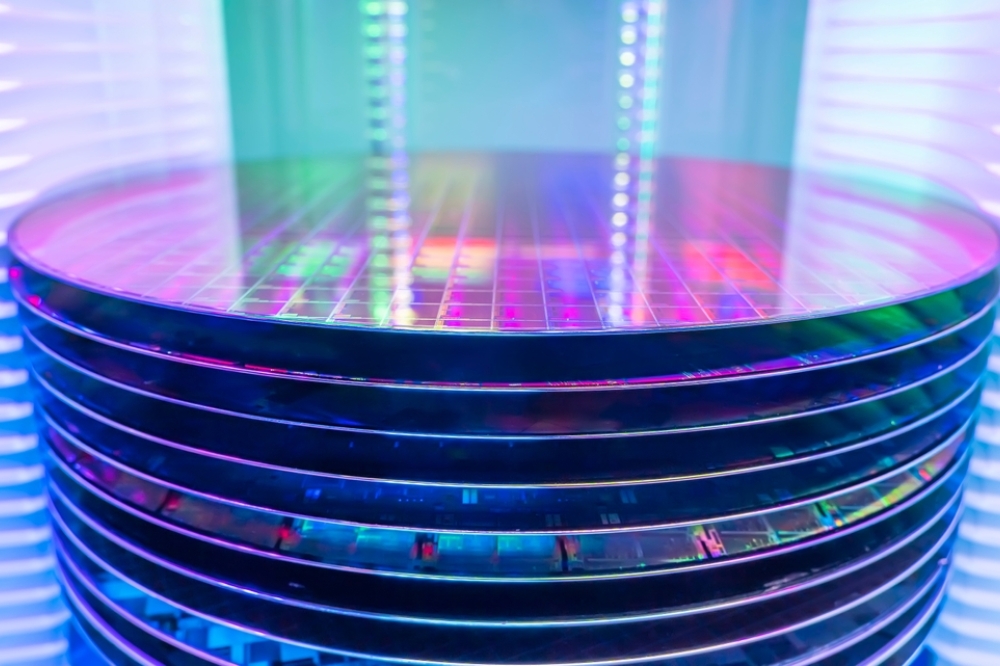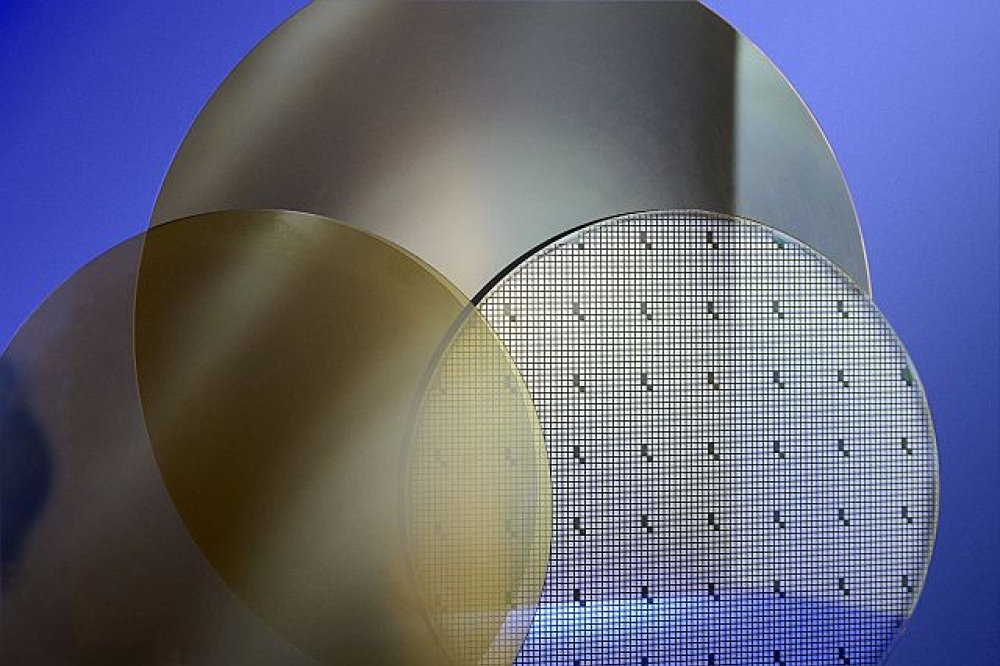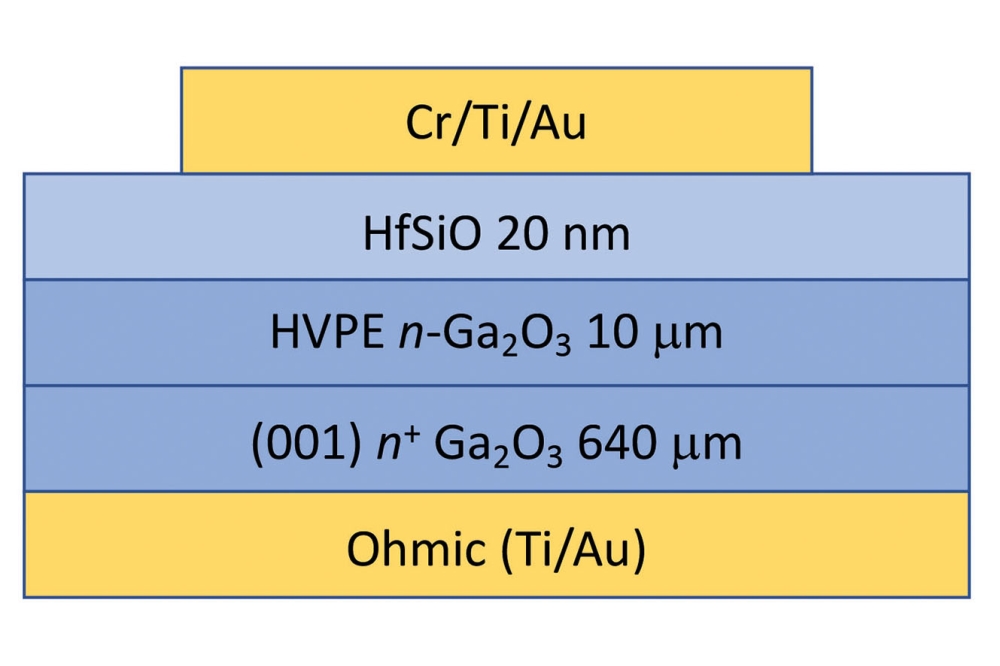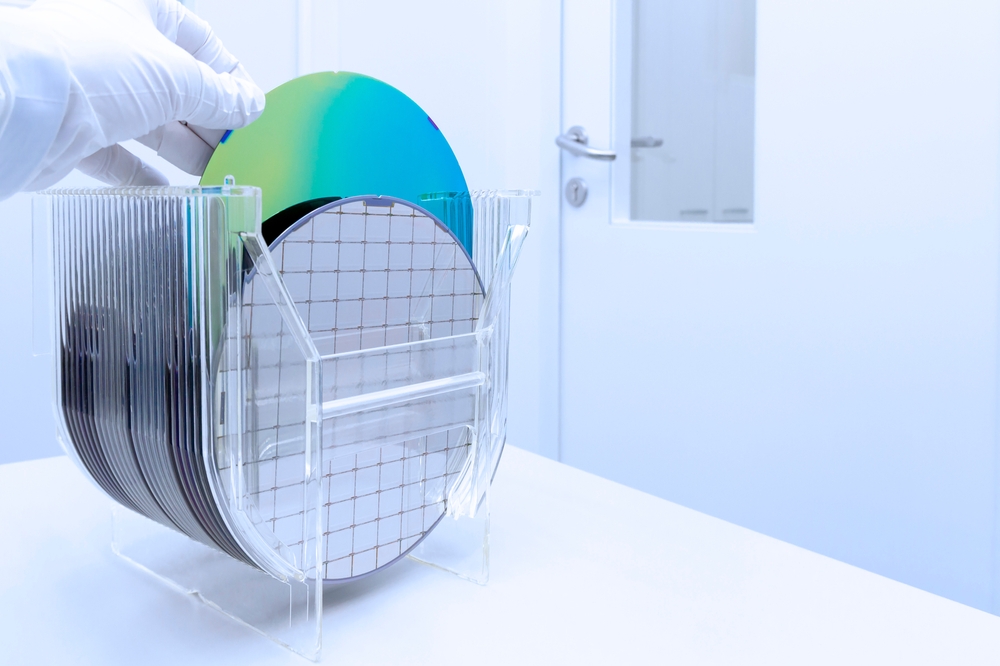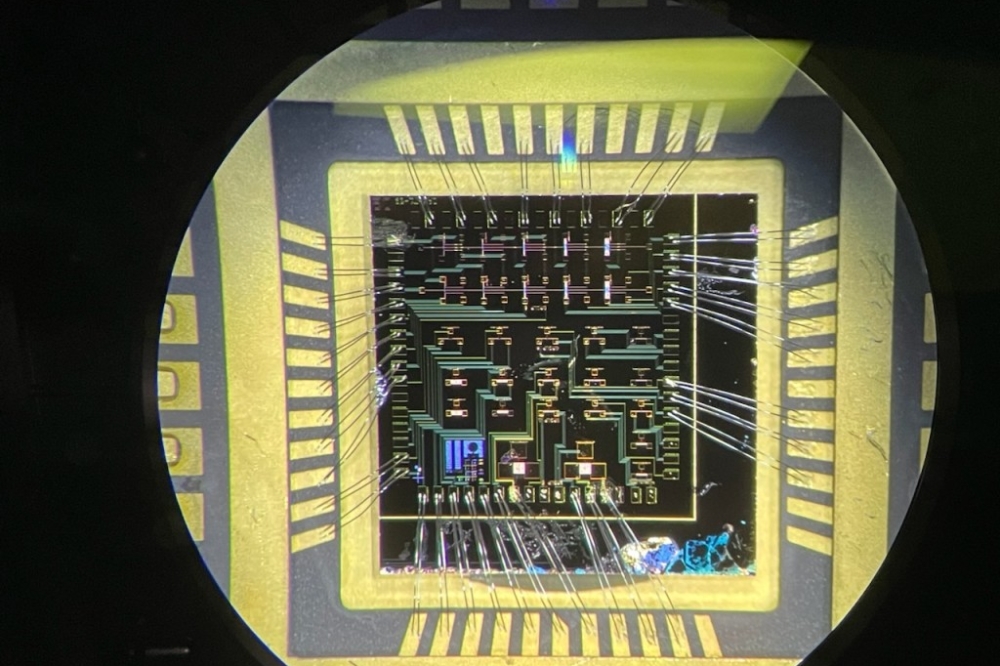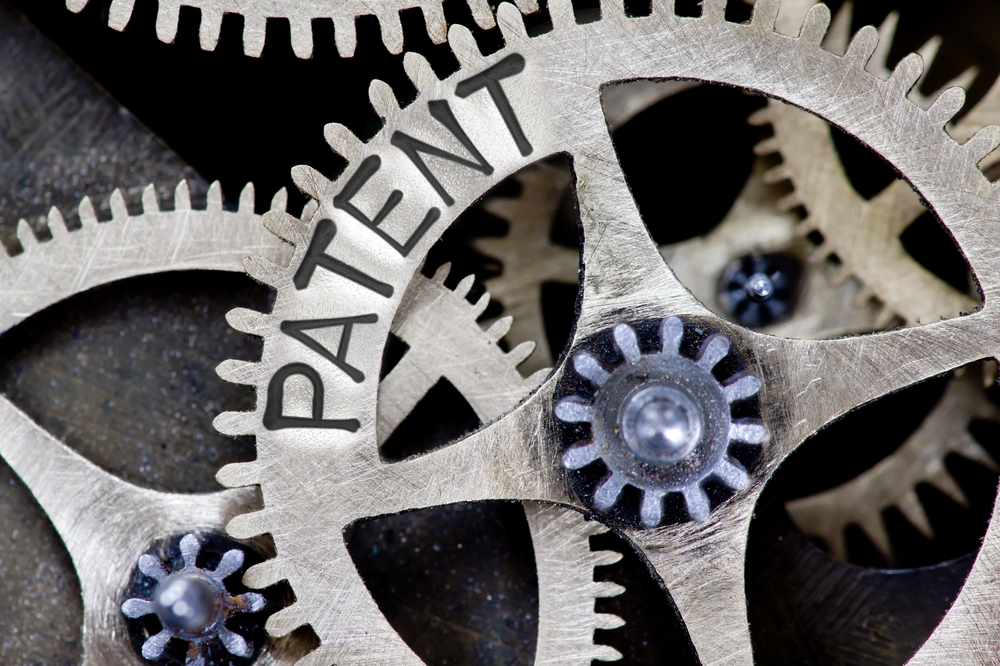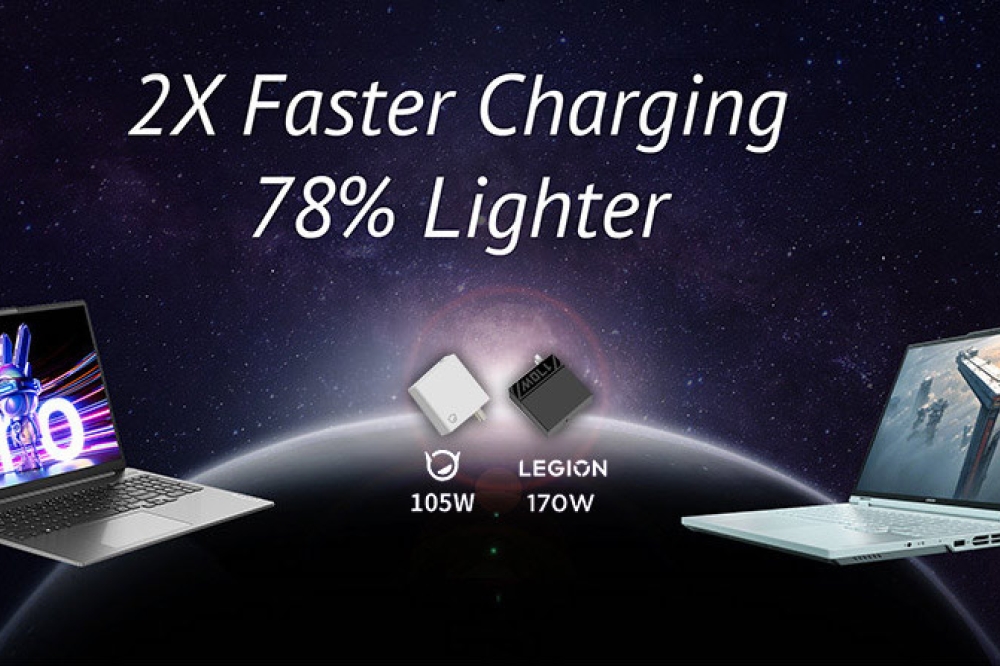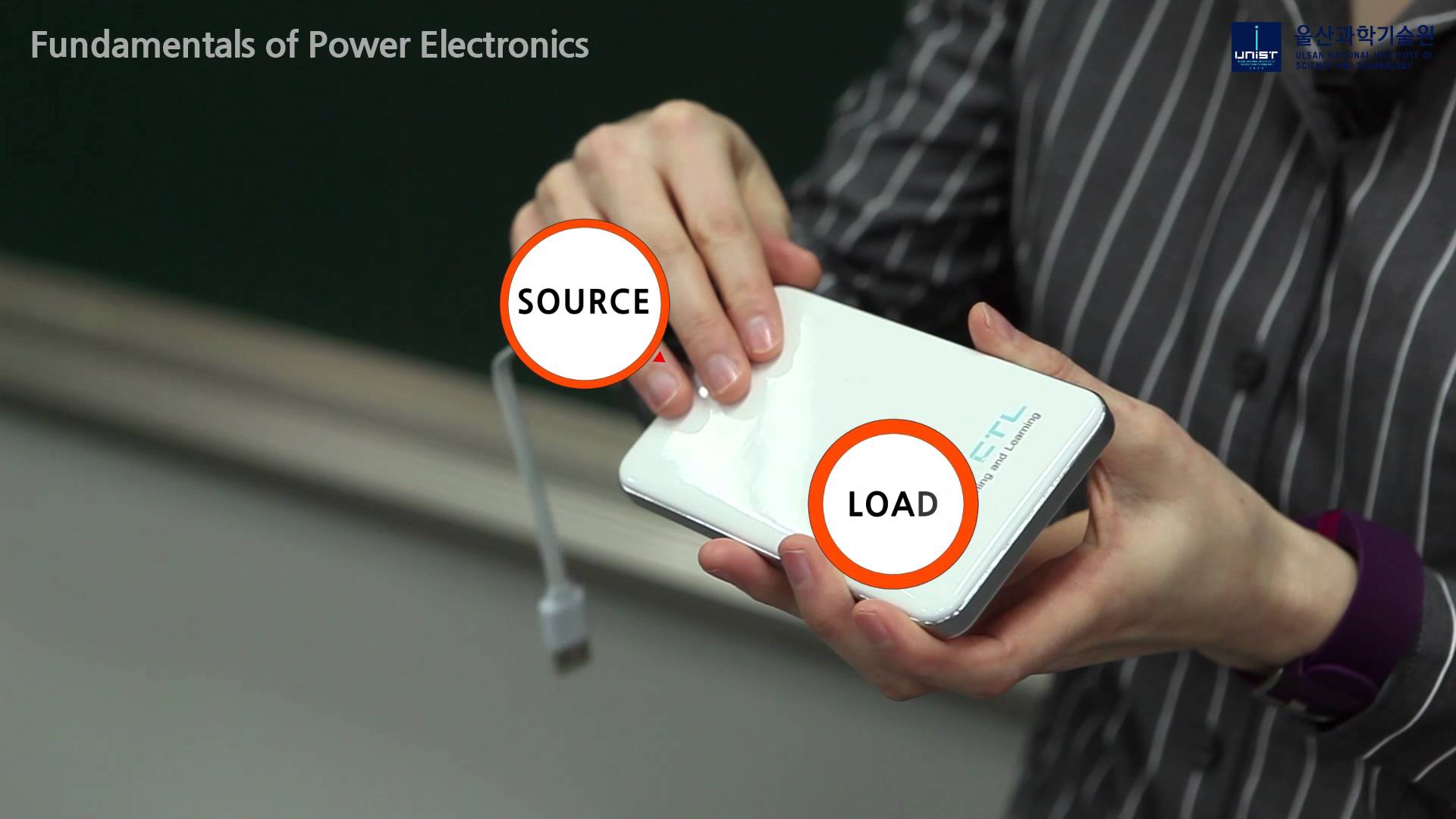OnePlus uses Innoscience bidirectional VGaN HEMTs
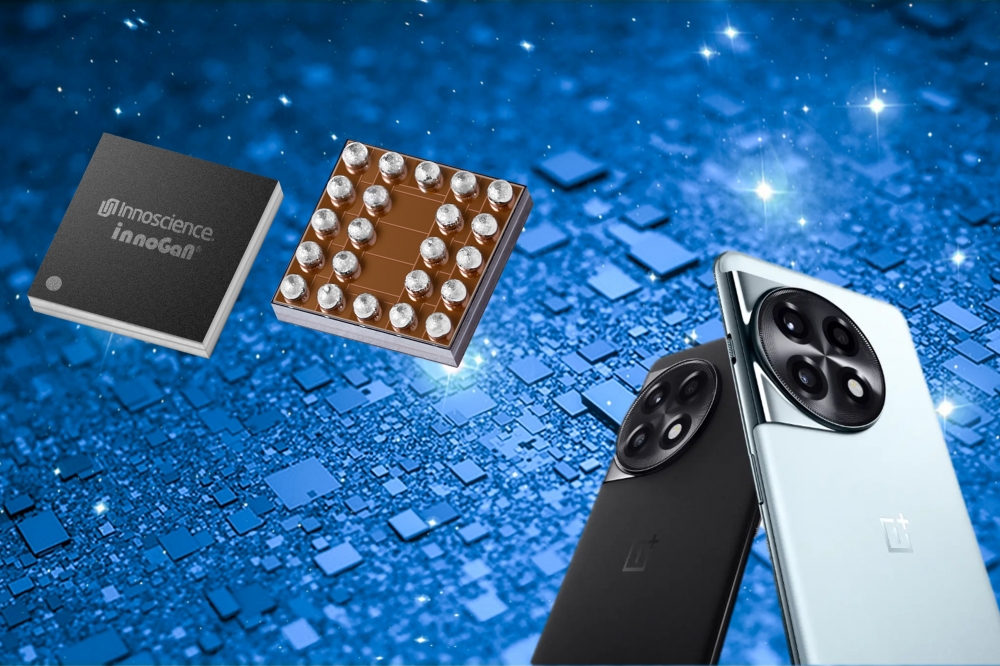
Saves up to 64 percent space and reduces heat generated, resulting in faster charging
Innoscience has announced that after OPPO and RealMe, the consumer electronics giant OnePlus is also using uses its bidirectional VGaN IC in the phone's battery protection board, inside the handset.
Innoscience’s INN040W048A GaN-on-Silicon e-mode HEMT features a bi-directional blocking capability and low On Resistance. With no body diodes and low conduction resistance, this chip is being used by Oppo, RealMe and now OnePlus to replace two silicon MOSFETs that are conventionally required by a phone’s protection circuitry. According to the company, this not only saves up to 64 percent space in the phone, it also reduces the heat generated during charging – by 85 percent in peak power heating – resulting in faster charging.
Yi Sun, general manager of Innoscience America and Senior VP at Innoscience said: “Teardown site, ChargerLAB says ‘the OnePlus 11R is a testament to the potential of GaN technology and offers a glimpse into the future of mobile devices. Over the past few years, we have seen consumer device makers employ GaN ICs to reduce the size and increase the efficiency of new, sleek USB-PD chargers. This demonstrates that Oppo, RealMe, OnePlus, and similar companies, are realizing that GaN can be extremely beneficial inside the handset as well.”
Felix Wang, VP of product development adds: “As well as the blocking circuitry, we can deliver a comprehensive GaN platform for mobile devices, including the DC/DC charge pump, battery management system, Buck topology, 3D ToF and more. We are working with leading worldwide phone manufacturers as they understand the benefits that InnoGaN’s technology can bring into their devices.”


